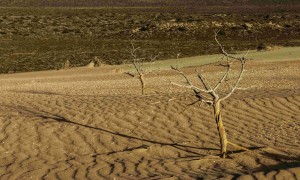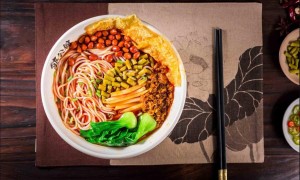清明节英文报道
At first sight, China’s annual Qingming Festival embodies a paradox. The name means “clear and bright” and it coincides with the awakening of Spring. Yet "Qingming" is also known as “Tomb Sweeping Day,” when ancestors are honored. Is it about death? Or is it about resurrection?
In Huaying Village, Sichuan province, every household marks Qingming by preparing a special kind of patty.
“This Qingming food is very good for health. The tradition has been passed down from generation to generation. It symbolizes a healthy and good year,” said Wu Junqun, Huaying villager.
In another small village in Hunan province, more than 1,000 members of the same family, all surnamed Lin, gather to learn about their family ties and remember their ancestors.
Elsewhere, including Beijing, ancestors are honored with handmade lotus lamps floating in the river.
But, as Qingming coincides with the emerging colors of Spring, it is also a time to enjoy nature’s rebirth.
“With such a wonderful sight, the flowers lifted my mood to match theirs,” said Huang Juanyu, tourist.
Among the other outdoor recreations of Qingming, riding horses and flying kites, as Chinese people use this national holiday to enjoy a change of scenery.

Various ways to spend 'Tomb Sweeping Day'







